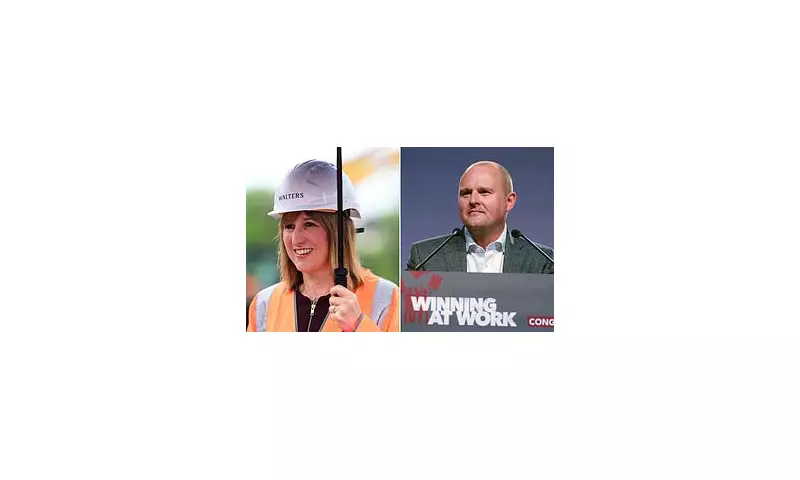
Labour's Shadow Chancellor Rachel Reeves is facing intense scrutiny over her close ties to militant union boss Sharon Graham, with revelations about their relationship raising serious questions about potential union influence on Britain's economic future.
According to exclusive investigations, Ms. Reeves has developed an unusually close working relationship with the Unite leader, who has previously threatened to "collapse the economy" in pursuit of union demands. The shadow chancellor has been privately courting Ms. Graham's support ahead of the general election, despite the union leader's radical stance on economic policy.
Private Meetings and Political Strategy
Multiple private meetings have taken place between the two powerful figures, where they discussed economic strategy and policy coordination. Sources indicate that Ms. Reeves has been actively seeking Ms. Graham's endorsement, recognizing the significant influence Unite wields within the Labour movement.
This relationship has raised eyebrows among moderates, given Ms. Graham's controversial statements about being willing to "collapse the economy" to achieve union objectives. The Unite leader has been unapologetic about using economic disruption as leverage, stating her members are "prepared to withdraw their labour" to secure better pay and conditions.
Economic Policy Implications
The developing alliance between Labour's economic chief and the militant union leader has sparked concerns among business leaders and economic analysts. Many fear that a Labour government influenced by Unite's radical agenda could implement policies that would undermine economic stability.
Ms. Graham has made no secret of her ambitions to shape economic policy, telling reporters she wants to "bargain with the government" on behalf of her members. Her vision includes significant intervention in energy policy and other key sectors of the economy.
Political Reactions and Labour's Dilemma
Conservative MPs have seized on the revelations, accusing Ms. Reeves of being in the pocket of militant union interests. Business leaders have expressed alarm at the prospect of union leaders having direct influence over economic policy-making in a potential Labour government.
The situation presents a delicate balancing act for Ms. Reeves, who must maintain union support while reassuring the business community and voters that Labour would pursue responsible economic policies. With Unite being one of Labour's largest donors, the party leadership faces difficult choices about how much influence to grant union bosses in policy formation.
As the general election approaches, the relationship between Rachel Reeves and Sharon Graham is likely to remain under intense scrutiny, with both women's actions potentially shaping Britain's economic direction for years to come.





